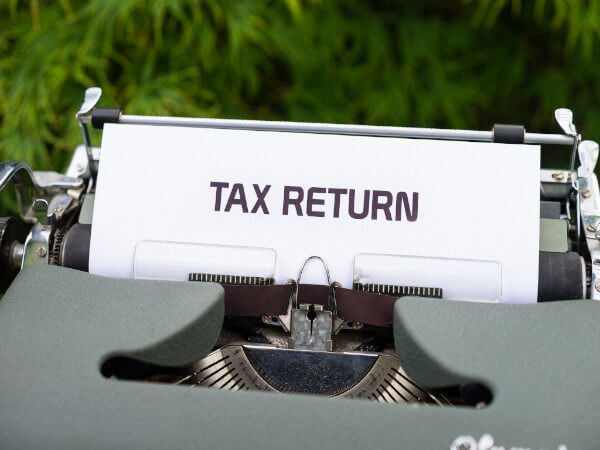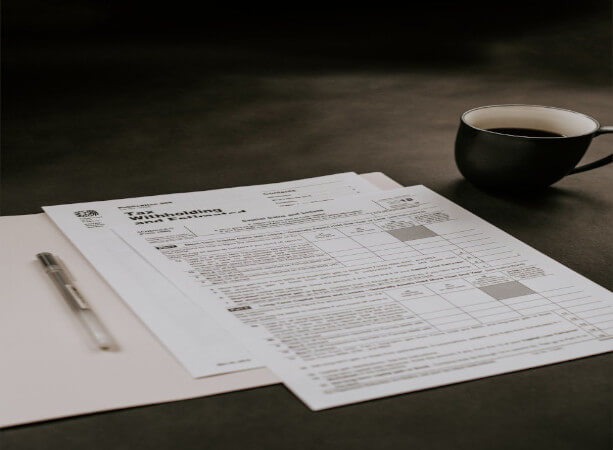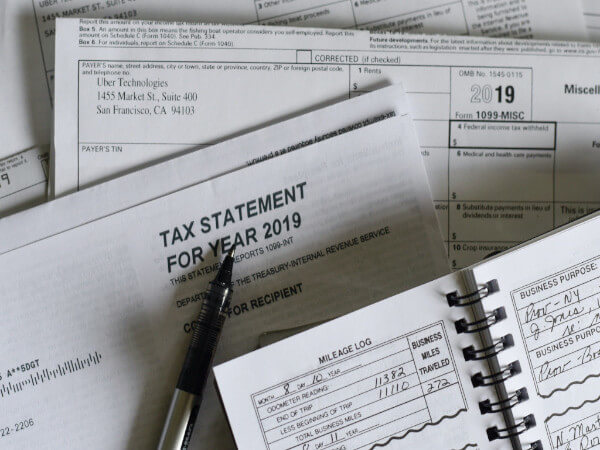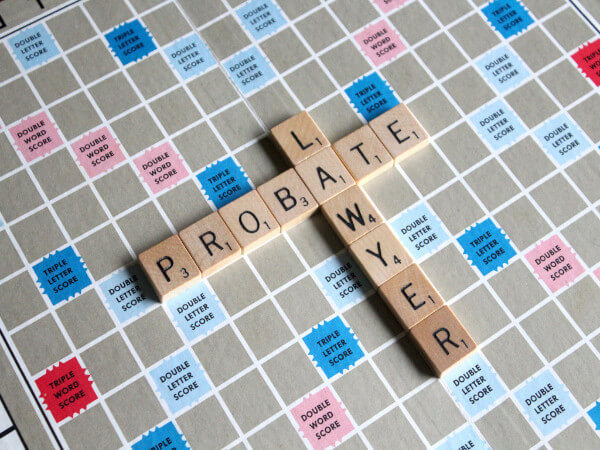Deal Update: A&A advises Dev Clever Holding PLC on the acquisition of Veative Labs Private Limited
Ahlawat & Associates (“A&A”) has recently advised Dev Clever Holding PLC/ Dev Clever, a listed company established in UK, engaged in the business of designing and developing software and technology specialized in the use of lightweight integrations of cloud-based gamification and virtual reality technologies across both the commercial and education sectors (“Acquirer”), on the acquisition of Veative Labs Private Limited, a wholly-owned subsidiary of Singapore based educational technology company i.e., Veative Labs Pte. Ltd. (“Singapore Holding Company”) involved in the business of delivering educational content through immersive technologies. The transaction was multi-geographical wherein the Acquirer being a listed company in the UK acquiring an Indian wholly-owned subsidiary from its Singapore Holding Company. A&A advised the Acquirer on the above transaction including conducting legal due diligence and closing of the transaction documents. The approximate deal value is INR 500 billion. A&A Team included Mr. Uday S. Ahlawat (Managing Partner), Ms. Kavita Patwardhan (Partner), Ms. Disha Toshniwal (Senior Associate), Mr. Aman Chadha (Senior Associate), Ms. Shramona Sarkar (Associate), Mr. Sarthak Chawla (Associate) and Mr. Garv Sood (Associate). “This transaction was particularly interesting for us since it involved multiple parties from multiple jurisdictions and the brainstorming involved in structuring and closing the transaction documents. It was a wonderful experience to be leading this transaction.” Kavita Patwardhan, (Partner) Ahlawat & Associates The post Deal Update: A&A advises Dev Clever Holding PLC on the acquisition of Veative Labs Private Limited appeared first on LexForti . Did you miss our previous article… https://www.itcse.org/?p=322
Read MoreWhat Are the Legal Consequences of an Eviction?
If you’ve been evicted, there’s a good chance that your housing problems aren’t over, even if you’ve turned your financial situation around. Evictions are a serious matter, which is why having an eviction on your record could bring long-lasting consequences. Let’s discuss where evictions records show up, where they don’t show up, and how you might avoid an eviction or clear an old record. Got a legal question? Get legal advice in minutes. Real Lawyers. Real Answers. Right Now. Get your answer How would an eviction affect me in the future? There are two main ways an eviction can affect you. First, being evicted doesn’t erase any money you owed to your landlord. If you owed back rent, the court that issued your eviction will generally give your landlord a judgment that allows them to collect the money you owed, plus court and other collection costs. Second, landlords often won’t rent to someone with an eviction. It shows that you had a serious problem with a past landlord through either not paying rent or committing serious rule violations. For these reasons, you want to avoid one whenever possible. One option is to use mediation to reach some other type of settlement. You may also want to research if your state has a current eviction moratorium or try to work out a payment plan with your landlord. Do evictions show up on background checks? There are both direct and indirect ways an eviction can show up on a background check. Housing court case: A landlord gets an official eviction by going to housing court (the exact name of the court varies by jurisdiction). Public court records include when a tenant has had an eviction filed against them as well as the outcome of those proceedings. Most landlord background checks check these
Read MoreUse a Credit Freeze to Stop Identity Thieves in Their Tracks
COVID-19 has led to a marked increase in online transactions, triggering a huge spike in cases of identity theft. There are many steps you can take to reduce the odds of becoming a victim, such as recognizing the telltale signs of identity theft. Another way you can protect yourself is by implementing a credit freeze, which can help curb the flow of personal data. Understanding what a credit freeze does and how to use it effectively will help you add an additional layer of protection to stop identity theft before it happens. Worried about identity theft and fraud? Prepare the documents needed to file reports and freeze accounts. We make it fast, affordable, and simple. Get started now Is freezing my credit a good idea? Credit card fraud can create years of problems for victims. Though nothing provides fool-proof protection against fraud, a credit freeze is a simple tool (with legally mandated compliance) that stops the credit bureaus from selling your data. When you do want a creditor to access your credit report, you enter a PIN to temporarily unfreeze it. The added layer of protection makes it much more difficult for scammers to open accounts in your name because they can’t access your credit report. A credit freeze protects against fraud as long as you keep that PIN secure. It’s also free and has no impact on your credit score. Since COVID-19 identity theft schemes are on the rise, now could be a good time to consider using this tool. How do I put a freeze on my credit? You can request to have your credit frozen through the three main credit bureaus—Experian, TransUnion, and Equifax—online. You can also print a Credit Freeze Request and mail it to each credit bureau individually. Along with the letter, you will need:
Read MoreRight vested under Art. 14 violated when equals treated unequally- SC
The Apex Court, while allowing an appeal, made an observation that Right to Equality enshrined under Article 14 of the Constitution of India is a vested right and it appears to be violated when equals are treated unequally. According to the appellant, the State government had accepted the proposal of KUDA to allot 200 sq. yard developed plot free of cost to each of the 134 ex-employees of a mill in the form of a rehabilitation and welfare measure. Knowing this, the 318 other retired workers who had opted for voluntary retirement along with the previous 134 workers made a representation before the government for allotting them the plot. However, the government rejected their request. Aggrieved by this, the workers’ approached High Court. The single-bench High Court had allowed the writ petition, but upon appeal, the Division bench had set aside the judgment. The appellants’ then approached the apex court wherein they contended that there stands no reasonable differentia between the 134 ex-employees who had taken voluntary retirement and remaining 318 who had also taken up the benefit of voluntary retirement. The bench accepted the contentions made by appellant and stated that for a classification to be valid, they must stand two tests- the distinguishing rationale should be based on a just objective and the choice of differentiating two sets of persons ought to bear a reasonable nexus to the objects sought to be achieved. The bench further observed that there had been no justification for treating 318 ex-employees different from the 134 ex-employees. Therefore, the bench restored the single bench judgment and directed the state government to allot plots to the remaining 318 ex-employees as well. The post Right vested under Art. 14 violated when equals treated unequally- SC appeared first on LexForti .
Read MoreState and Federal Eviction Moratorium Updates for Landlords
If you’re a landlord, then you’re well aware that many state governors enacted eviction moratoriums to protect vulnerable tenants during stay-at-home orders in response to the COVID-19 pandemic. Additionally, certain metropolitan areas (including Atlanta and Boston) issued moratoriums of their own, while some state Supreme Courts also intervened by issuing emergency orders halting eviction proceedings. In some instances, evictions were allowed at the discretion of lower courts. The federal government also got involved when the Director of the Centers for Disease Control (CDC) issued an executive order halting certain evictions based on nonpayment of rent. The CDC’s order was much more limited than most state and local moratoriums, requiring tenants to take certain actions to stop the eviction process from moving forward. These moratoriums are likely to put landlords in a financial and moral bind. While nonpayment of rent can threaten your livelihood, especially in the absence of additional federal relief for small businesses, no one really wants to throw someone out of their home while COVID-19 and its variants are still a threat and workers are still suffering from massive job losses and loss of income. While we are all hoping for a miracle recovery by year’s end, the health of the economy still remains tentative at best. It’s a tough time for landlords and tenants, as the novel coronavirus continues to upend life as we know it. Understanding which eviction moratoriums apply to your rental property, when they expire, their scope, and related details will help you make informed, legally defensible decisions. Lease Confidently with Rocket Lawyer Get all the legal help you need to manage your property. Anytime. Anywhere. Get started now Is there an eviction moratorium that is still active in my property’s state right now? Most eviction moratoriums that were enacted at the state and
Read More2021 Eviction Moratorium Extension and Tenant Rent Relief Update
Millions of Americans continue to struggle financially as businesses big and small fight to stay afloat amid repeated pandemic shutdowns and re-openings. Renters, in particular, worry about the possibility of eviction when they don’t have the money to pay rent. A federal nationwide eviction moratorium had been in place since March 2020. Congress issued the first moratorium as part of the CARES Act. The CDC stepped in after the expiration of the CARES Act moratorium to issue its own moratorium, which has been extended numerous times. We’ll discuss the current state of the eviction moratorium and renter protections, Congressional actions, President Biden’s plans to help struggling tenants, and steps you can take to protect your interests as a renter. Need to get rent payments back on track? Set a deadline or a schedule for late payments in a legally binding contract. Get started now Which state and federal eviction moratoriums remain in place? The federal moratorium that ended at midnight on January 1, 2021 was immediately extended to January 31. President Biden had the CDC extend the federal moratorium through March 31 right after his inauguration on January 20. The $1.9 trillion American Rescue bill was passed and signed into law in early March, but the bill did not include an extension of the eviction moratorium. It did, however, provide $30 billion in additional funding for emergency rent relief programs. The CDC extended the nationwide eviction moratorium on May 29, 2021. That extension was through June 30, 2021. The CDC issued another extension, saying this would be its final extension, on June 24, 2021. This last extension ended on July 31, 2021, but due to intense pressure from Congressional Democrats, the CDC issued yet another extension through October 3, 2021 for counties nationwide with substantial and high levels of community
Read MoreFederal Holidays & Overtime Pay: How to Calculate Time and a Half
Holidays are usually a time for celebration, reflection, or remembrance, but for small business owners and employees, holiday pay policy can be confusing. Here’s a brief refresher on what’s legal for holiday, overtime, and vacation pay. Need pay and benefits documents for your employees? Put your compensation and time off policies in writing. We make it affordable and simple. Get started now What are federal holidays in the U.S.? Federal holidays are holidays observed by the U.S. government. While a majority of government offices are closed on these days, small business owners and other private employers have the option of staying open. Businesses that close on federal holidays are not required to pay their employees for the day off, and those that stay open are not obligated to pay employees extra for normal work hours. In general, holidays are considered regular workdays and employees receive their normal pay for time worked. If the federal holiday falls on a weekend, it is generally observed on the closest weekday. The U.S. government lists these days as federal holidays: New Year’s DayBirthday of Martin Luther King, Jr.Washington’s Birthday (also known as Presidents Day)Memorial DayJuneteenth National Independence DayIndependence DayLabor DayColumbus Day (or Indigenous Peoples’ Day)Veterans DayThanksgiving DayChristmas Day What are paid holidays? Paid holidays are not required in the United States, however some employers may decide to provide compensation to their employees as a matter of policy, as laid out in an employment contract or employee handbook. In addition to the federal holidays listed above, other paid holidays might also include: Good FridayEasterThe Friday after ThanksgivingChristmas EveThe day after Christmas (also known as Boxing Day)New Year’s EveOther commemorative holidays like César Chávez Day Ultimately, paid holidays are up to each employer to define. If you have questions about documenting your holiday policy, ask a
Read MoreDisaster Relief: 7 Tips for Making a FEMA Claim
Update:President Biden has approved disaster declarations for both Louisiana and Mississippi in response to the damage caused by Hurricane Ida. President Biden also signed a major disaster declaration on August 24 for four counties in the state of California due to the massive wildfires burning in the northern part of the state. In the aftermath of disaster, it can be hard to know where to turn for help. Homeowners whose properties are damaged during a hurricane, tornado, wildfire, severe winter storm, or other natural disaster may have insurance that will cover their expenses. Others may not be so lucky. For homeowners and renters in need of financial assistance that is not covered by insurance, the Federal Emergency Management Agency, or FEMA, is the agency to turn to for essential government aid. For some, the process of making a FEMA claim can be overwhelming or tedious, but it pays to stick with it. We have compiled the following tips to help you make a FEMA claim and get the disaster relief that you need. Concerned about storm or wildfire damage? Use RocketEvidence to capture video before and after the fire or storm, and share your question with an attorney. Get started Tip #1 – Document the Damage When the storm passes, your first instinct may be to start cleaning up the debris from your yard and attempt to undo the damage that has been done. However, it’s incredibly important that you take time to document the damage before you start the process of cleaning, fixing and getting back to normal. One of the first things that you should do is take photographs of the property. Don’t forget the detail shots that may better show the extent of the damage. It’s also a good idea to shoot video of your property in
Read MoreHurricanes and Wildfires: How to Prepare for a Natural Disaster
Wildfires, floods, hurricanes, and tornadoes can cause massive amounts of damage and loss of life. While the disasters themselves can’t be eliminated, there are things you can do to prepare in case a wildfire or hurricane hits close to home. Preparation means preparing your home to avoid damage, taking your insurance documents and contact information with you, and having a solid emergency plan to keep you and your family safe. Here are some tips to help you prepare for specific events. Concerned about storm or wildfire damage? Use RocketEvidence to capture video before and after the fire or storm, and share your question with an attorney. Get started How do I prepare to leave when asked to evacuate during a wildfire? Evacuating your home due to wildfires is never an easy decision. It can be heartbreaking to leave your home behind. But remember that your possessions are insured and monetary things can be replaced. It’s most important that you listen to the evacuation orders when they’re given because they are not given lightly. If you live in an area where wildfires are a major risk, you should make a wildfire emergency plan for your family to follow. This helps you to remain calm and will give you a checklist so that you don’t forget anything important. You should have a supply kit and bags packed and ready to go as part of your emergency plan. You might include irreplaceable things, as well as food and first aid items. There are a number of things you can also do to help protect your home and neighbors during the event. Ready for Wildfire provides an excellent list of essential reminders. How do I prepare to leave when asked to evacuate ahead of a hurricane? Hurricane evacuation is very similar to wildfire evacuation.
Read More2021 COVID-19 Student Loan Repayment Relief
Average individual student loan balances in the United States increased to over $38,000 in 2020 according to Experian, the credit reporting company. This is a tremendous amount of debt that students take on to further their education and improve their career opportunities upon graduation. When the pandemic hit, many recent graduates lost their jobs as a result of the worldwide disruption. This left many borrowers without income to repay their student loans and wondering if there would be any COVID-19 student loan repayment relief available to them. President Trump introduced loan forbearance in 2020 to provide temporary help. President Biden has extended this protection and has also raised the possibility of more extensive loan forgiveness as an option in these unprecedented times. Here is what you should know about COVID-19 student loan relief. Need a break on your student loan payments? Make a free Hardship Letter to send to your lender. We make it affordable and simple. Get started now re federal student loan payments suspended during the pandemic? The CARES Act, signed into law in March 2020, offered a temporary pause in federal student loan payments due to the pandemic. This pause lasted through September 30, 2020. Further extensions by President Trump left the suspension in place through January 31, 2021. As a result, payments on federal student loans were not required for most of 2020. When President Biden took office, one of his first actions was extending this pause through September 30, 2021. The pause has now been extended once again through January 31, 2022. This gives former students even more breathing room to focus on their pandemic financial needs for the time being. re payments on private student loans suspended during the pandemic? The laws signed by President Trump and President Biden extend only to federal loan
Read More














